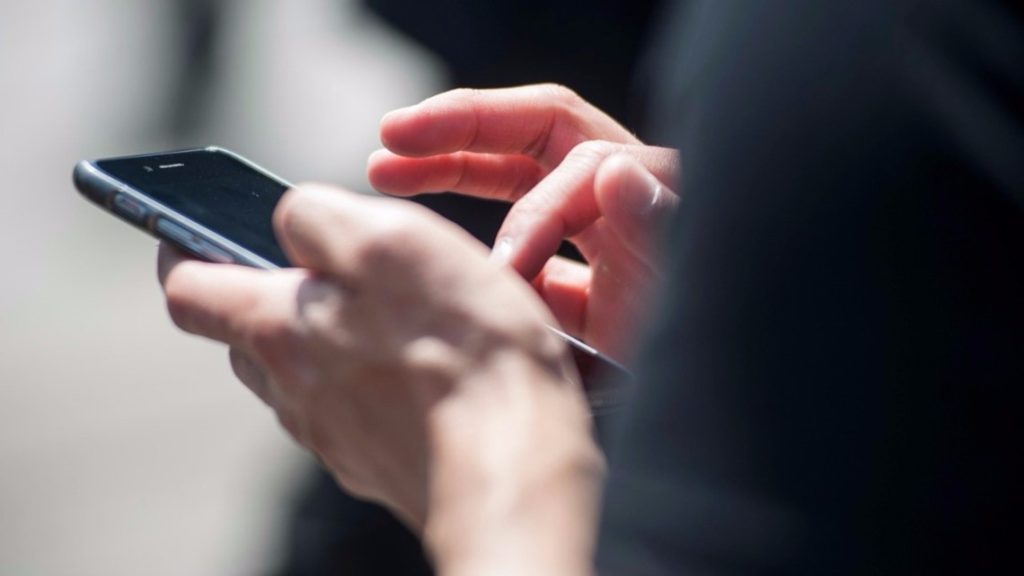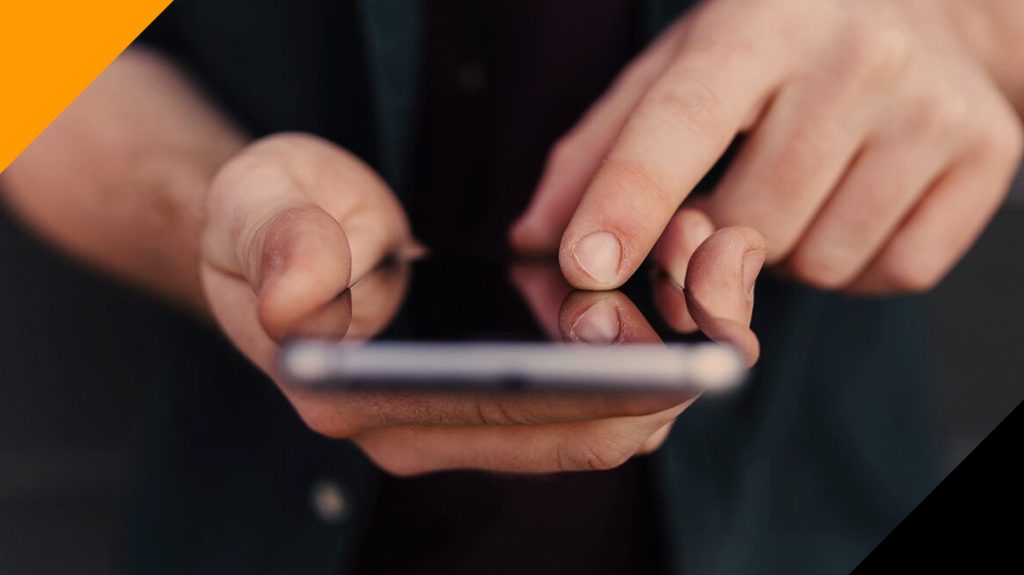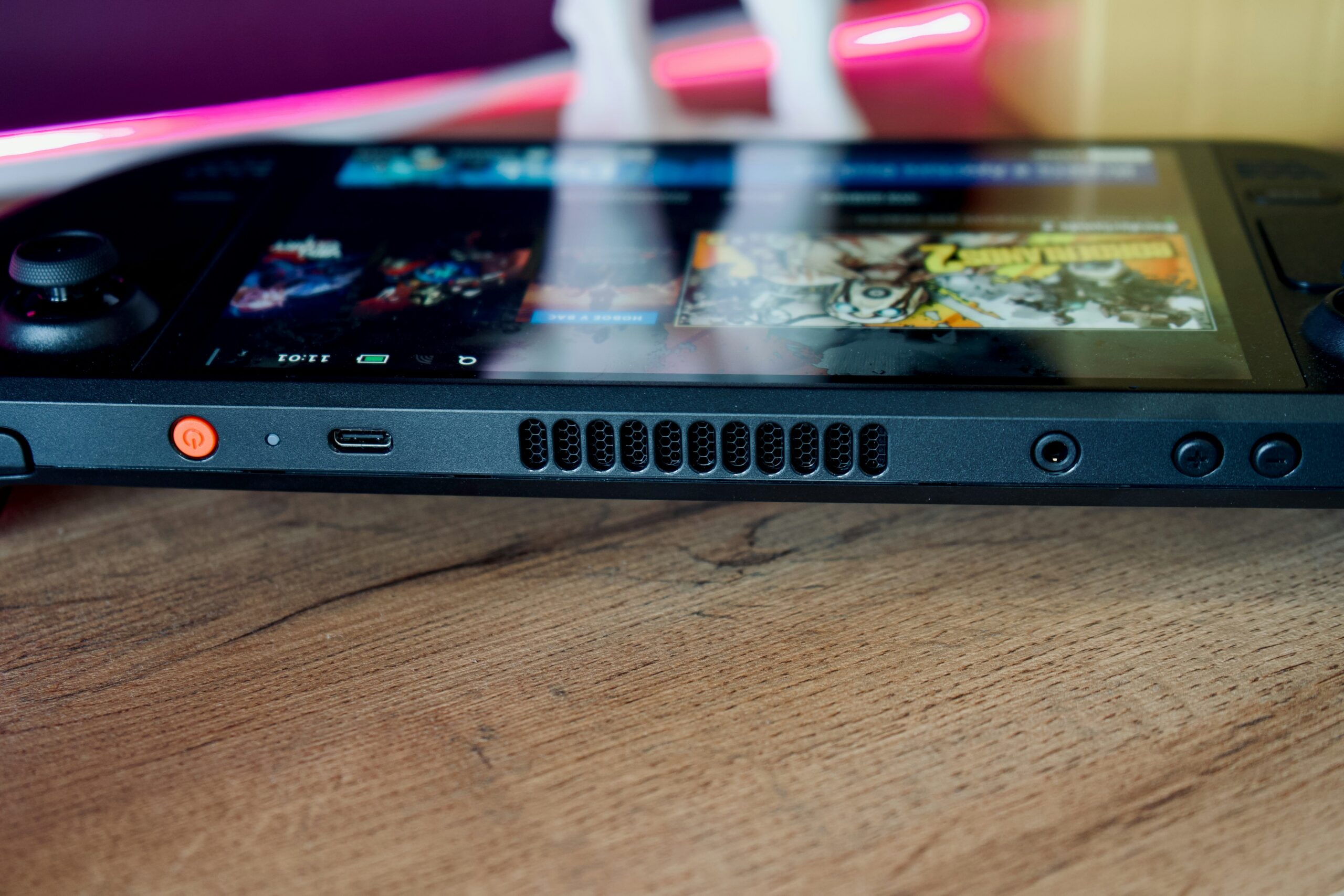Yes, it is generally illegal to go through someone’s phone in the United Kingdom without their permission. Doing so can violate privacy and data protection laws. Unauthorized access to another person’s phone is a breach of their privacy rights.
It may lead to criminal charges under the Computer Misuse Act 1990, Data Protection Act 2018, or other relevant legislation. Exceptions may apply in cases where you have explicit consent or a legitimate reason, such as parental supervision for minors.
However, it’s crucial to respect personal privacy and seek permission before accessing someone’s phone to avoid legal consequences. Always adhere to the law and ethical standards regarding digital privacy.
What Are The Laws Governing Phone Privacy In The UK?

The United Kingdom has specific legal frameworks in place to protect individuals’ privacy and data, including their mobile phones. It’s important to understand the laws and regulations that pertain to phone privacy
Computer Misuse Act 1990
This act primarily deals with computer-related crimes, but it is also applicable to mobile phones and digital devices. It makes it illegal to access someone’s phone without authorization. Unauthorized access can lead to criminal charges, fines, and imprisonment.
Data Protection Act 2018
This act is especially relevant in the context of phone privacy. It regulates the processing of personal data, which includes information stored on mobile phones.
The act outlines individuals’ rights over their personal data and imposes obligations on organizations that handle such data.
Unauthorized access to someone’s phone can be seen as a violation of their data protection rights.
How These Laws Relate to Phone Privacy
The Computer Misuse Act 1990 and the Data Protection Act 2018 collectively establish a robust legal framework to protect phone privacy in the UK. These laws are designed to prevent unauthorized access and safeguard personal data.
Unauthorized access to someone’s phone, whether it involves trying to unlock it, snoop on their messages, or access their personal files, constitutes a clear violation of their privacy rights under these laws. The principle underlying these laws is to protect individuals from unwanted intrusion into their digital lives.
If found guilty of breaching these laws, you could face serious consequences. Criminal charges may be brought against you, leading to fines and imprisonment. In addition to legal repercussions, unauthorized access to someone’s phone can result in civil lawsuits and substantial damages if the individual’s privacy or data is compromised.
What Are The Potential Legal And Civil Penalties For Unauthorized Phone Access?
Unauthorized access to someone’s phone can have significant legal and civil consequences in the United Kingdom. It’s important to understand the potential ramifications of such actions
Possible Criminal Charges and Penalties
Criminal Charges
Unauthorized access to someone’s phone constitutes a violation of the Computer Misuse Act 1990, leading to possible criminal charges. These charges are brought against the individual responsible for the unauthorized access.
Fines
Those found guilty of unauthorized phone access may face financial penalties. The exact amount of the fine varies based on the nature and severity of the offense. More serious intrusions can result in higher fines.
In 2018, a man was penalized with a £20,000 fine for hacking into his partner’s phone and reading her text messages. The following year, a woman was fined £10,000 for accessing her husband’s email account without his permission.
The UK’s Financial Conduct Authority (FCA) can impose fines on financial institutions for accessing customer data without proper authorization. In 2016, Barclays Bank was fined £72.2 million by the FCA for not adequately safeguarding customer data from unauthorized access.
Imprisonment
In cases involving significant breaches of phone privacy, individuals may be sentenced to imprisonment. The length of the prison sentence is determined by the courts and depends on the gravity of the intrusion.
In 2020, a man was convicted and sentenced to 16 months in prison for hacking into a celebrity’s phone and illicitly obtaining personal photos and videos.
Then, in 2021, a woman was found guilty and sentenced to 18 months in prison for unlawfully accessing her husband’s work email account and stealing confidential information.
Civil Consequences, Including Legal Action
Civil Lawsuits: In addition to criminal charges, individuals whose phone privacy has been violated can pursue civil legal action against the perpetrator. This involves taking the matter to court to seek compensation for any damages, losses, or distress resulting from the unauthorized access.
Damages: Successful civil lawsuits may result in the awarding of damages. These damages can include financial compensation for various forms of harm, such as emotional distress, invasion of privacy, or any losses incurred due to the intrusion.
Injunctions: In some cases, individuals may also seek court orders, such as injunctions, to prevent further unauthorized access or to secure the return of their data or property.
What Should I Do If Someone Goes Through My Phone Without Permission?

If someone goes through your phone without permission in the UK, you should take the following steps to address the situation
Assess the Situation: First, assess what occurred and gather any evidence, if possible, of the unauthorized access. This may include screenshots, logs, or any unusual activity on your phone.
Confront the Person: You may want to address the issue directly with the person who went through your phone. Politely but firmly communicate that their actions were a breach of your privacy and that you did not give them permission to access your phone.
Change Passwords and Locks: If someone has accessed your phone, it’s essential to secure your device immediately. Change your phone’s lock code or password, as well as any associated accounts, such as email, social media, or financial apps. This helps prevent further unauthorized access.
Report to Authorities: If you believe that the unauthorized access was a significant breach of privacy or you suspect malicious intent, consider reporting the incident to the police. Unauthorized access to someone’s phone can be a violation of the Computer Misuse Act 1990 in the UK.
Seek Legal Advice: Consult with a legal professional to understand your rights and potential legal options. They can guide you on whether you should pursue legal action or take other measures to protect your privacy and data.
Backup and Secure Data: Ensure that your data is securely backed up to prevent data loss. You may also want to consider encryption or additional security measures to protect sensitive information.
Block or Restrict Access: If the person who accessed your phone is known to you and you want to prevent further unauthorized access, consider blocking their access to your device and any related accounts or apps.
Consider a Privacy Policy: If you anticipate further privacy concerns, create and communicate a privacy policy for your phone and digital devices, specifying who can and cannot access them.
Educate Yourself: Familiarize yourself with your rights and responsibilities regarding digital privacy in the UK, especially under the Computer Misuse Act 1990 and the Data Protection Act 2018.
FAQ
Can I go through my wife’s phone?
In a healthy relationship, trust and communication are essential. It’s generally best to discuss any concerns openly with your spouse rather than going through their phone without permission.
Can I look through my wife’s phone?
Respecting your spouse’s privacy is important. It’s better to have an open conversation if you have concerns or doubts rather than invading their privacy.
Can a husband go through his wife’s phone?
Trust is vital in a relationship. It’s generally not advisable to go through your spouse’s phone without their consent. Open and honest communication is a better approach.
Is it haram to check your husband’s phone?
In Islamic law, privacy is respected, and checking your spouse’s phone without permission is generally discouraged. It’s better to communicate openly about concerns.
Is it OK to check my husband’s phone?
Maintaining trust is crucial in a marriage. It’s usually better to talk to your spouse if you have concerns rather than checking their phone without permission.
Can my wife go through my phone without permission?
Privacy should be respected in a relationship. It’s advisable to discuss any concerns openly with your spouse instead of going through their phone without permission.
Is it toxic for your partner to go through your phone?
Invading your partner’s privacy can harm trust and create issues in a relationship. It’s generally considered unhealthy behavior.
Should phones be private in a marriage?
Many couples believe in maintaining some level of privacy. Open communication and trust are the foundations of a strong marriage.
Is it OK to read your spouse’s text messages?
Respecting your spouse’s privacy is typically recommended. Instead of reading their text messages without permission, it’s better to have open conversations and trust in your relationship.
Final words
In the UK, going through someone’s phone without their permission is usually against the law. The Computer Misuse Act 1990 and the Data Protection Act 2018 protect people’s privacy and personal information. Breaking these laws can lead to serious consequences, like fines and even jail time.
But it’s not just about the law; it’s about being a good and respectful person. Always ask for permission before checking out someone’s phone. Respecting people’s digital privacy is important in today’s world.
So, remember, when it’s not your phone, it’s best to keep your hands off and respect their privacy. It’s not just the law; it’s the right thing to do.











